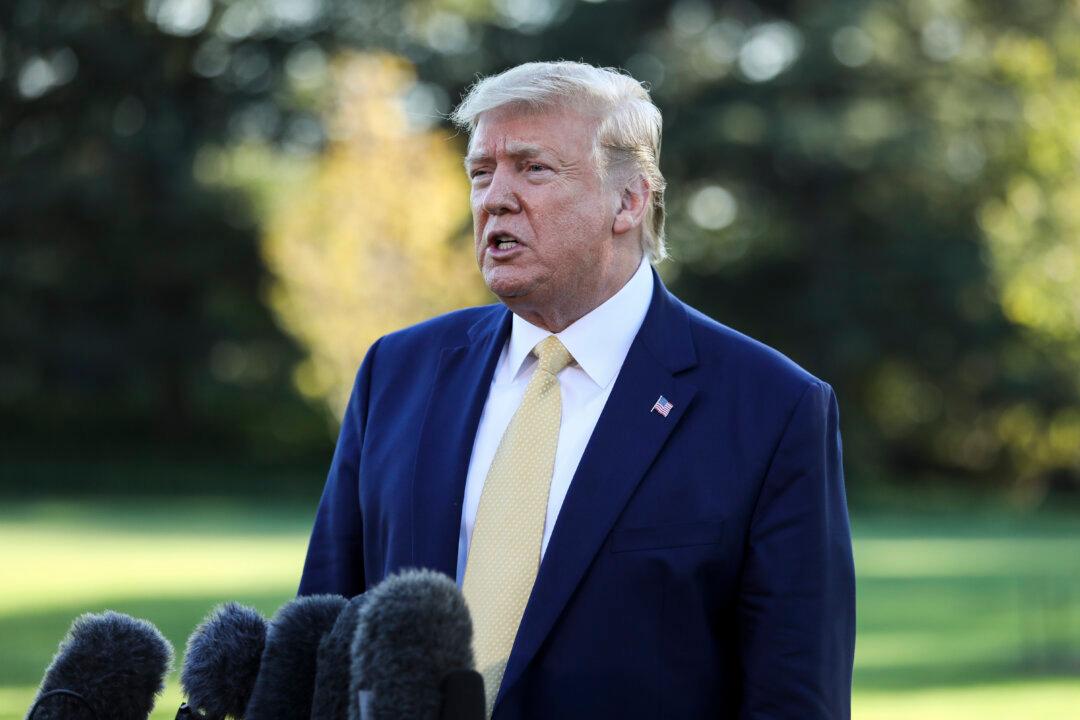President Donald Trump said his administration is planning to raise the age limit for vaping to 21 years old, as U.S. health officials made a “breakthrough” recently in their investigation concerning the recent spate of vaping-related illnesses and deaths.
Trump told reporters the news at the White House on Nov. 8. He noted a final report by the administration on vaping would come out sometime next week. The president said they would be discussing e-cigarette flavors as well.





